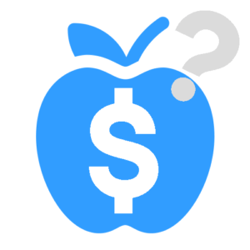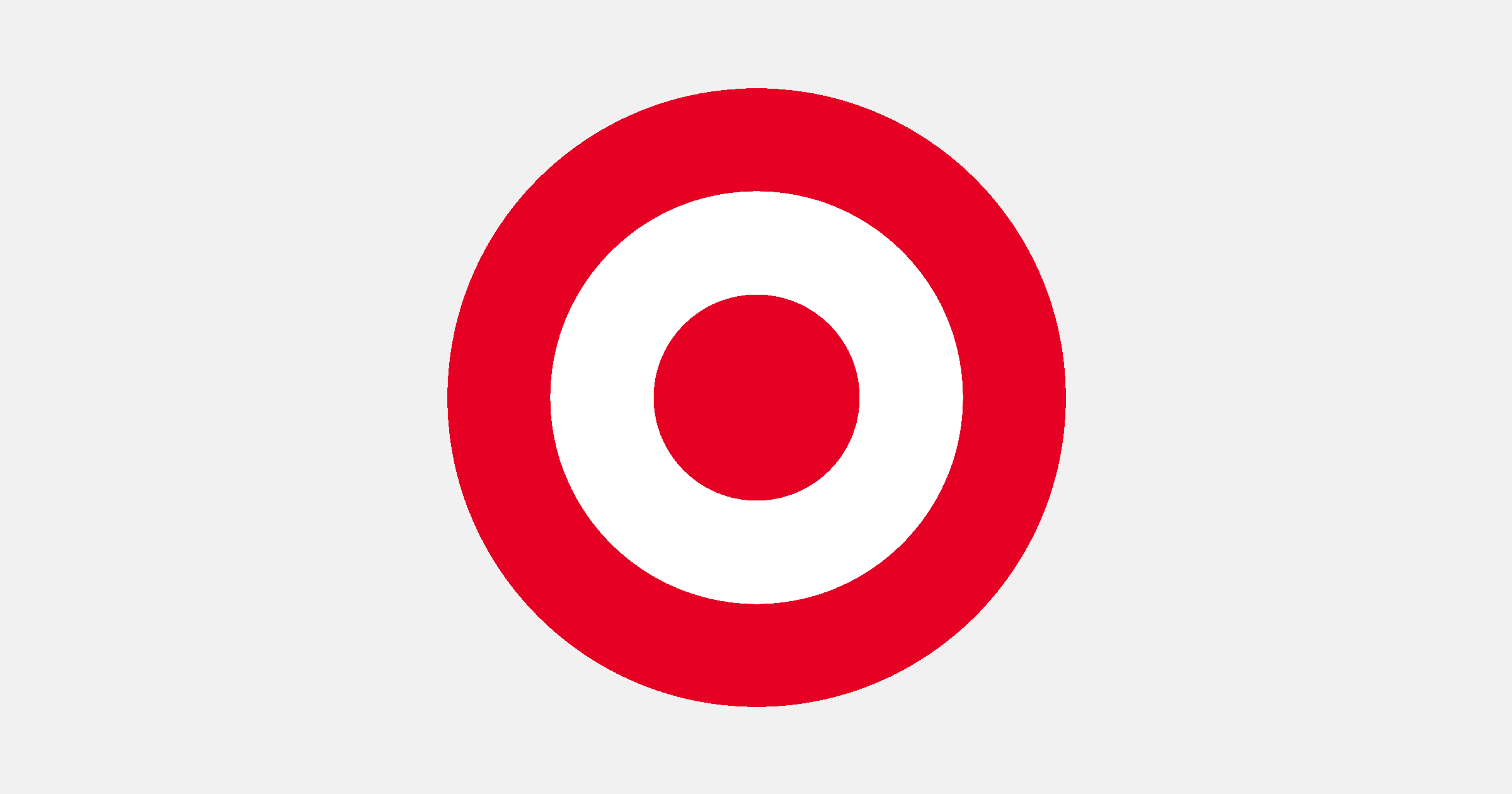This week’s FAQ Friday on Apple’s commission rates is sponsored by The Jed Mahonis Group. Read more about the company and its services at the bottom of this post.
This Week’s Topic —
The Epic Battle Over Apple’s Commission Rates
Spotify, Epic, and Basecamp have brought the controversy of Apple’s commission rates to new heights with antitrust and anti-competitive lawsuit filings as well as the formation of the Coalition of App Fairness.
 These three companies, along with many of their developer friends, are banding together to urge regulators to seek fair treatment of developers by app stores and platforms, outlining a list of rights they envision for all developers, regardless of size.
These three companies, along with many of their developer friends, are banding together to urge regulators to seek fair treatment of developers by app stores and platforms, outlining a list of rights they envision for all developers, regardless of size.
One of the many issues developers are bringing to the table is Apple’s 30% cut of all purchases made through the App Store or within an iOS app.
As a developer and a consumer of Apple products myself, I wonder…
Is Apple’s commission rate of 30% justified?
 Apple’s stance is that they created the App Store, and without it, the app ecosystem wouldn’t exist. They commissioned this really weird study over the summer to justify that their 30% cut of all purchases made through the App Store is fair when compared to other platforms. They pointed to other gaming avenues, like Xbox or the PS4 or the Switch, where a 30% cut is pretty standard in those industries.
Apple’s stance is that they created the App Store, and without it, the app ecosystem wouldn’t exist. They commissioned this really weird study over the summer to justify that their 30% cut of all purchases made through the App Store is fair when compared to other platforms. They pointed to other gaming avenues, like Xbox or the PS4 or the Switch, where a 30% cut is pretty standard in those industries.
The other point that Apple makes is that their platform is better than anything else out there. It’s more curated, more secure. People trust their payments, people trust the security of their systems, and their platform is super popular, so they deserve to have a fair share of the profits. And their definition of fair is to remain at 30%.
I think what it comes down to is, for the longest time, Apple had a very good moral high ground as to why they would charge 30%. Especially around 2009, 2010, there literally was nothing else out there. Apple’s platform was really great, people loved developing for it, and it grew for very good reasons. And their argument was, if we make a great product, then people will come.
But I don’t really think they can hold to that same point anymore because there is really nowhere else to go. If you want to build apps for something else, you could go to Android, but then you would just be cutting out 50% of the market, and that’s not a realistic way to build a business.
Many developers want to treat the iOS platform more like macOS. You can choose to distribute software on the Mac platform (for the obligatory 30% fee from Apple, of course), but you can also choose to distribute it in other ways. Because you can install software outside of their store, you are able to sidestep Apple altogether.
The fact is that iOS is not at all like macOS. Part of what makes iOS so enticing is its devotion to security, and not allowing apps to be sideloaded outside of the App Store is a big part of that security.
It’s hard to give a definitive answer as to whether that 30% is justified. It depends which lens you look through, but I do believe that the longer Apple goes without acknowledging the disparity between its lens and other lenses, the more likely developers will protest and leave the platform, which would be hugely detrimental to Apple’s future success.
What may change as a result of the recent pressure on Apple?
 There are two scenarios that can happen here:
There are two scenarios that can happen here:
If Apple caves, then they will either introduce a new monetary split or allow software to be sideloaded.
If Apple doesn’t cave, then a few things will likely happen.
First, they will receive punishments from some governmental agency (likely from the European Union because, let’s face it, the US hasn’t done much by way of regulating big tech recently) and be forced to make big changes to their platforms.
Second, developers are going to leave their platform. While the Apple hardware/software combo is quite powerful, they would lose customers in droves if they were to lose apps like Facebook, Netflix, Spotify, and Fortnite.
Apple has built such a moat around what they do, and it’s to the point now where everyone wants to call in the referees and say, “Hey, these guys aren’t playing this game fair. They’re holding the ball, and they’re not letting anybody compete.”
Whenever Apple makes a decision, they worry about how it impacts themselves first, users second, and developers third. This has been their philosophy for better or worse since the early days of Mac software. As a user, I love this philosophy because it forces developers to write better software. As a developer, though, the resentment starts to build when you feel like your voice isn’t being heard.
I think we’ve reached an interesting inflection point in the history of the App Store, and like many developers who don’t have the firepower of a company like Spotify or Epic, I’m content with sitting back with a big bowl of popcorn and watching this drama unfold.

![]()
More About Our Sponsor

Tim Bornholdt
This week’s FAQ Friday is sponsored by The Jed Mahonis Group. The Jed Mahonis Group helps businesses strategize, design, develop, and deploy custom iOS and Android mobile applications. The company has partnered with many startups and large brands over the years to deliver software that is used by millions of people around the world, including companies such as Great Clips, Green Mill, VSI Labs, and Kwikly.
Meet Our FAQ Expert
Tim Bornholdt, Partner at The Jed Mahonis Group | @timbornholdt
Tim got his start in web development in the first grade, so he’s been building websites and apps for more than 20 years. In addition to being an accomplished software developer, Tim is also an award-winning videographer and podcaster. He currently edits the C Tolle Run podcast hosted by Olympian Carrie Tollefson, and he hosts the Constant Variables podcast where he breaks down complex mobile app development topics for entrepreneurs and product managers.
More questions about Apple’s commission rates? Ask Tim and The Jed Mahonis Group team questions on privacy and more on Twitter at @timbornholdt.






